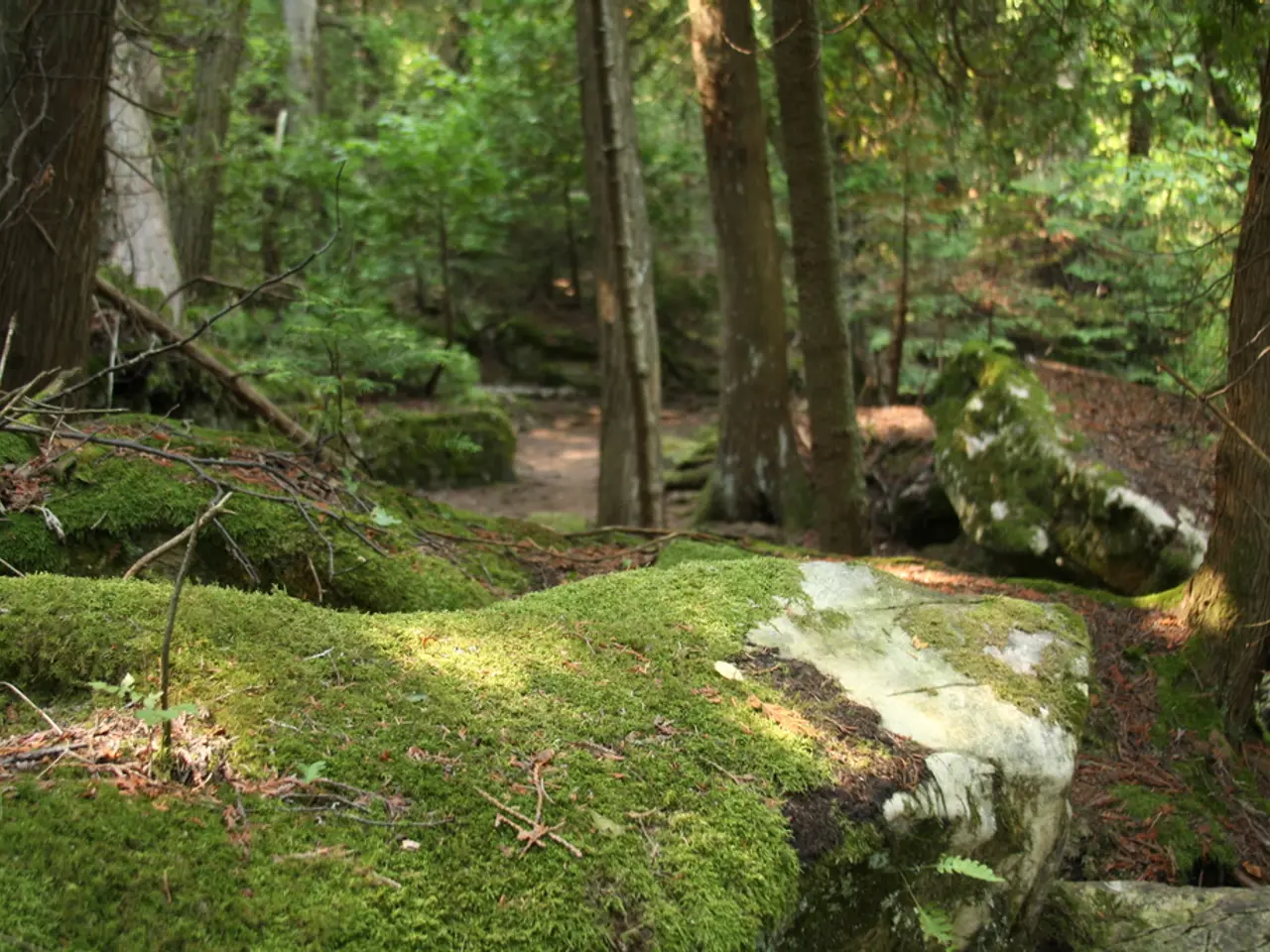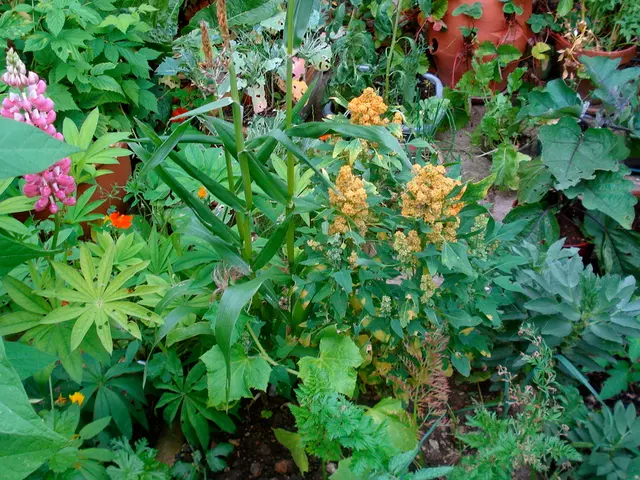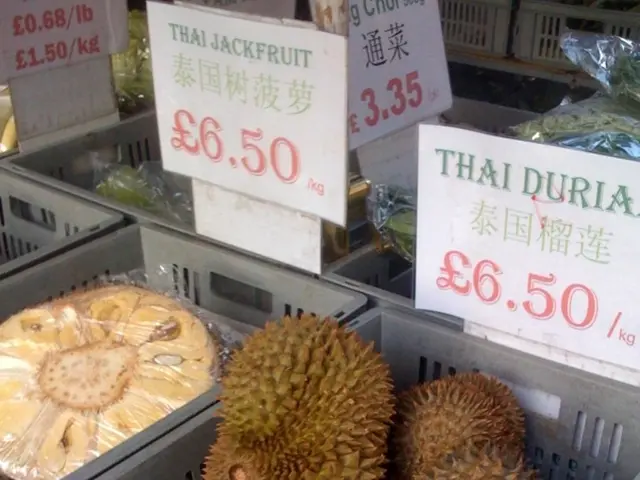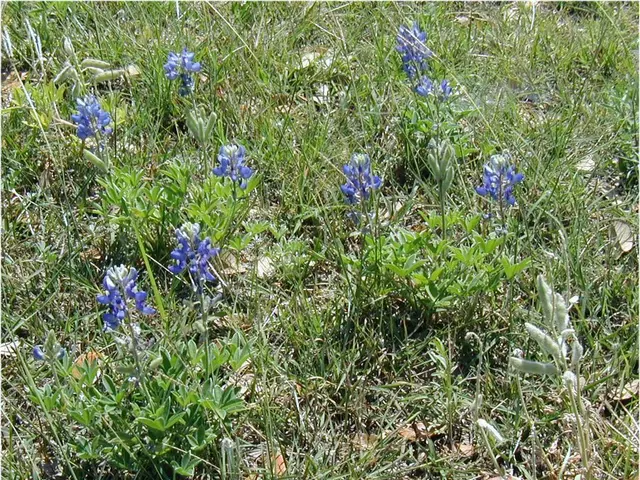Ready for Peat-Free Gardening? Exploring Sustainable Alternatives
Substitutes for Peat Moss: Choices for Peat Moss in Your Garden
So, you've been using peat moss in your garden for quite a while now, but it's time to reconsider. Here's a lowdown on why we're ditching peat moss and what you can use instead.
Earth First: Say Goodbye to Peat Moss
Peat moss, extracted from ancient bogs primarily in Canada, takes centuries to develop. This backward harvesting method has numerous adverse effects on our environment, contribute to carbon emissions, and decimates unique ecosystems teeming with various insects, birds, and plants.
Better Options Ahead: Peat-Free Substitutes
Don't fret; we've got viable alternatives to keep your garden lush and gorgeous without harming our precious planet.
Woody Friends
Think beyond peat moss and bring in wood-based materials like wood fiber, sawdust, or composted bark. Although some of these options may offer acidic soil for acid-loving plants, they have their quirks. Sourcing these materials locally and from managed forestry can support sustainable practices.
The Power of Compost
Compost, aka "black gold," is a brilliant peat moss alternative that's rich in helpful microorganisms that boost soil health and provide vital nutrients. Keep in mind, though, that compost needs regular refreshes.
Coco's Magic
Coconut coir, or coco peat, is one of the best peat moss replacements. When coconuts are harvested, the long fibers are used for various purposes, and the leftover short fibers are put to use as coco peat.
Coco peat's incredible water-retaining abilities make it a game-changer. Its pH level is close to perfect for most plants and can be easily amended for plants with specific pH preferences.
More to the Story
While peat moss substitutes have their pros and cons, they all inch us closer to eco-friendly, sustainable gardening practices. So, which alternative suits your garden best? You decide — it's time to rejuvenate your garden, the planet-friendly way!
Insights
- Compost can offer additional nutritional benefits, improve soil structure, and reduce reliance on external inputs.
- Coconut coir is a renewable resource because it comes from a byproduct of the coconut industry.
- Woody materials, such as pine bark or wood chips, can improve aeration and drainage, help prevent compaction, and gradually release nutrients as they decompose.
- Quality of compost can vary depending on the source and composting process, which may result in weed seeds or pathogens.
Incorporate sustainable alternatives into your garden without damaging the environment, by swapping peat moss with options such as wood-based materials like wood fiber, sawdust, or composted bark from managed forestry, or innovative peat-free substitutes like compost, rich in beneficial microorganisms. Additionally, consider using coconut coir, or coco peat, a renewable resource that offers excellent water-retaining abilities and a close-to-perfect pH level for most plants.







